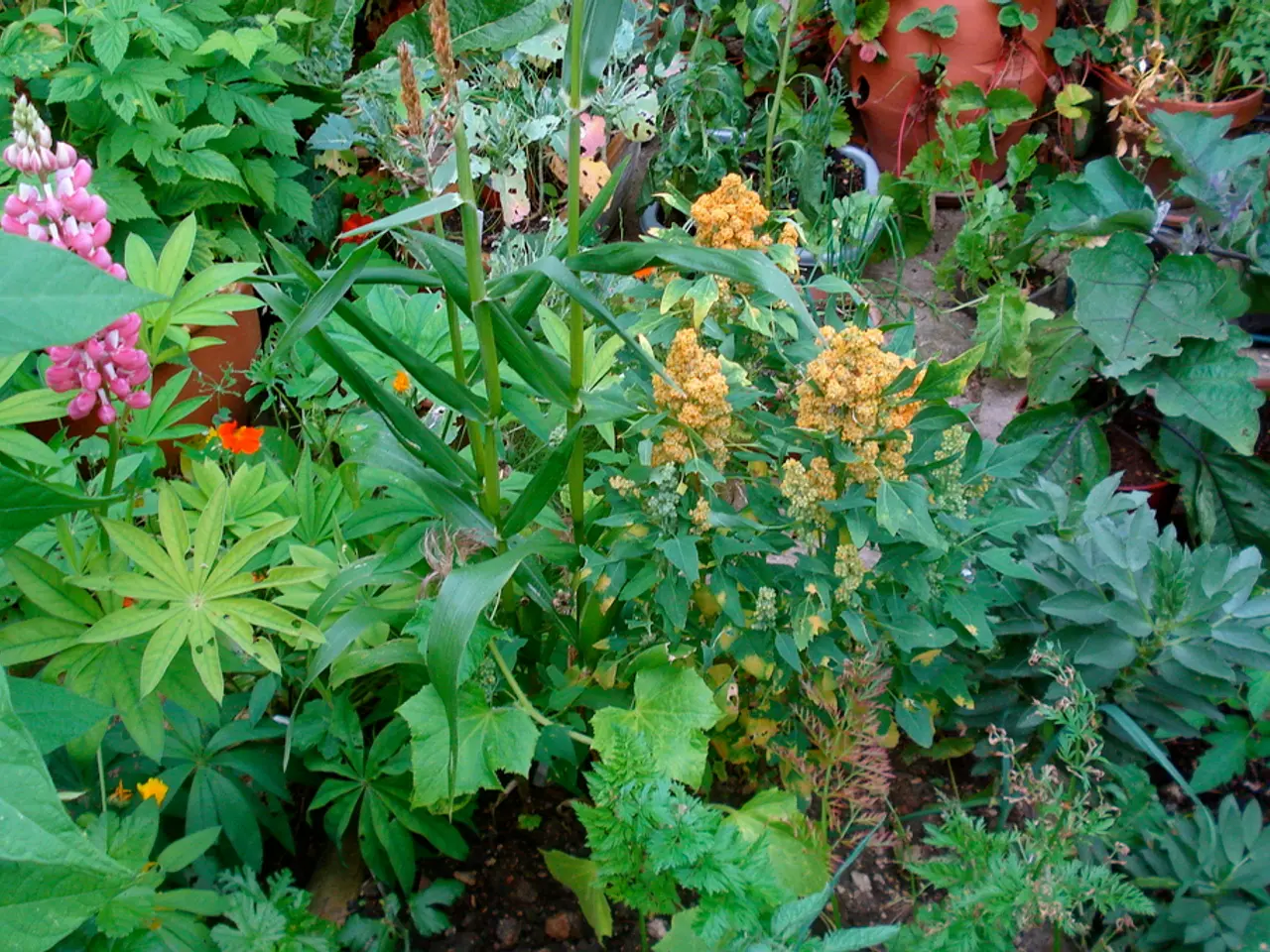Gardening practices focused on environmental responsibility and long-term sustainability.
In the pursuit of a greener thumb, sustainable gardening offers a solution that benefits both the environment and our gardens. Here's a rundown of the key practices that make sustainable gardening a worthwhile endeavour.
Firstly, building a bat house can help attract bats, natural allies in controlling pesky insects. Meanwhile, planting cover plants, with many native plants making great choices, is another excellent way to nourish the soil. The practice of rotating plants, even in the smallest garden, can help maintain soil health.
Sustainable gardening is about reducing our impact on the earth, leaving our yards, gardens, orchards, and property in a stronger and healthier condition going forward. This includes conserving and using water wisely, with options like rain catchment systems, drip irrigation systems, swales, and QWEL designers being sustainable options for water management in the garden.
Healthy soils are essential to reducing greenhouse gas emissions, as they increase the soil's resilience to climate change by maintaining or increasing its carbon content. Organic fertilizers like cottonseed meal, alfalfa meal, legume cover plants, compost, and animal-based fertilizers are better choices for feeding plants without contributing toxins to the soil. Spreading mulch around plants helps protect their roots from climate extremes.
Introducing beneficial insects to reduce the peskier insect populations is a great way to solve problems in the garden. Permaculture and regenerative gardening are practices that aim to create self-sustaining and productive ecosystems in the garden.
When we grow our own food or source it locally, we're helping to eliminate the need for plastic packaging and chemical preservatives, as well as reducing the environmental impact of transporting food. Upcycling and recycling in the garden can help reduce waste and promote sustainability.
Supporting pollinators, such as bees, butterflies, hummingbirds, and moths, is important as they are involved in producing approximately one third of the food we eat. The National Wildlife Federation provides a tool for finding native plants suitable for specific regions.
Practicing sustainability in the garden, even at a micro level, is easier than you may think and is a great contribution toward solving the problems of climate change. Home-made garden soaps and natural products like neem oil are simple remedies to control insects that prey on your plants and trees. Creating compost and mulch is a beneficial practice for developing a garden environment that encourages better soil, more pollinators, and healthier plants.
Lastly, it's worth mentioning that sustainable gardening is a set of methods and concepts that aim to have social, economic, planetary, and personal impact. While this article does not delve into the social and economic aspects, it's clear that sustainable gardening offers a personal impact by creating a healthier, more beautiful, and more productive garden.
While this article does not directly mention Caroline Bloomfield, it's worth noting that Olivia Caroline Bloomfield, Baroness Bloomfield of Hinton Waldrist, is a British life peer, member of the House of Lords, educated at St Hugh's College, Oxford, with a background including philosophy, politics, and economics. However, there is no further concrete information about a Caroline Bloomfield specifically in the context of sustainable gardening.
In conclusion, sustainable gardening offers a multitude of benefits for both the environment and our gardens. By adopting these practices, we can create a greener, healthier, and more productive garden while contributing to the fight against climate change.




